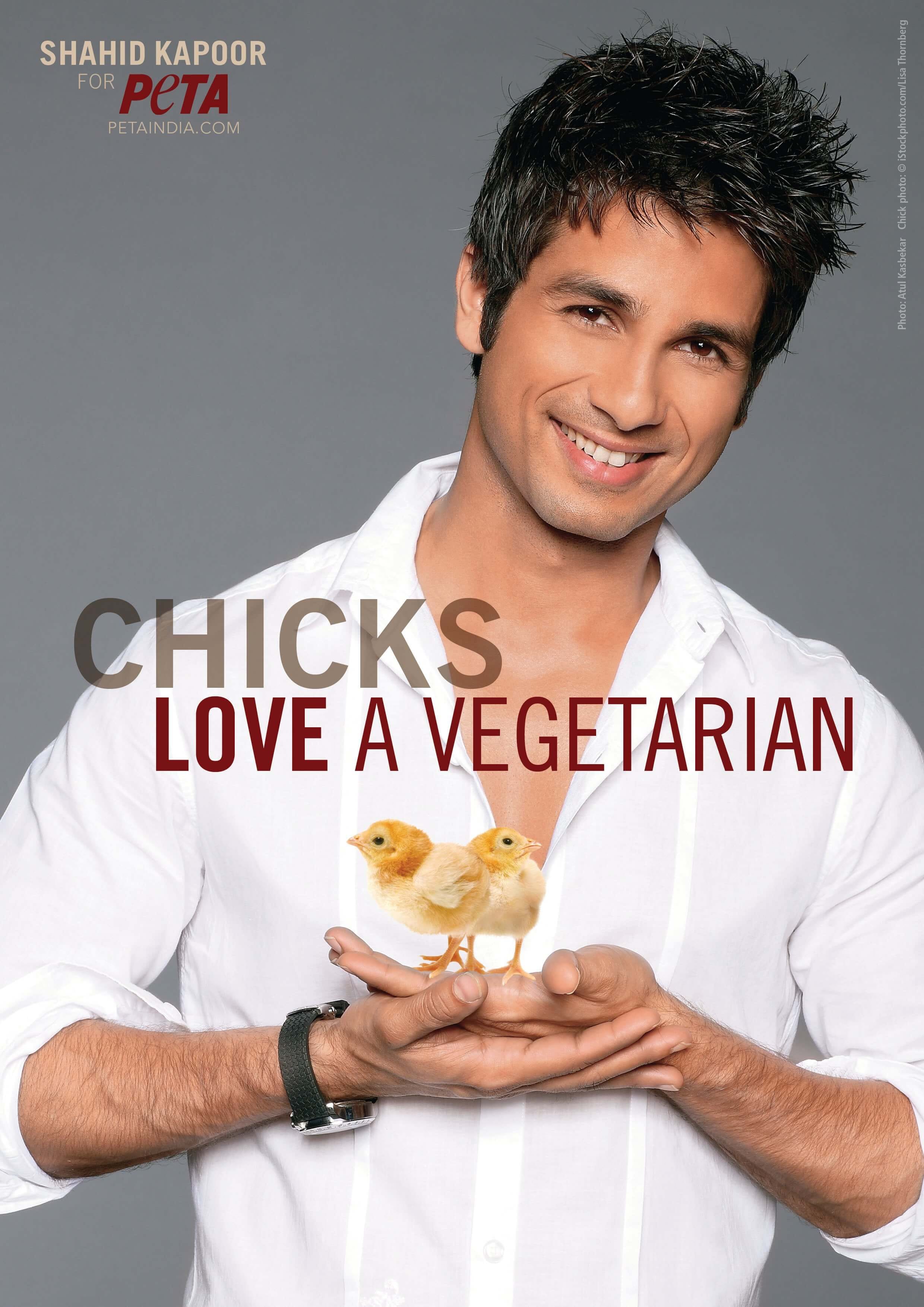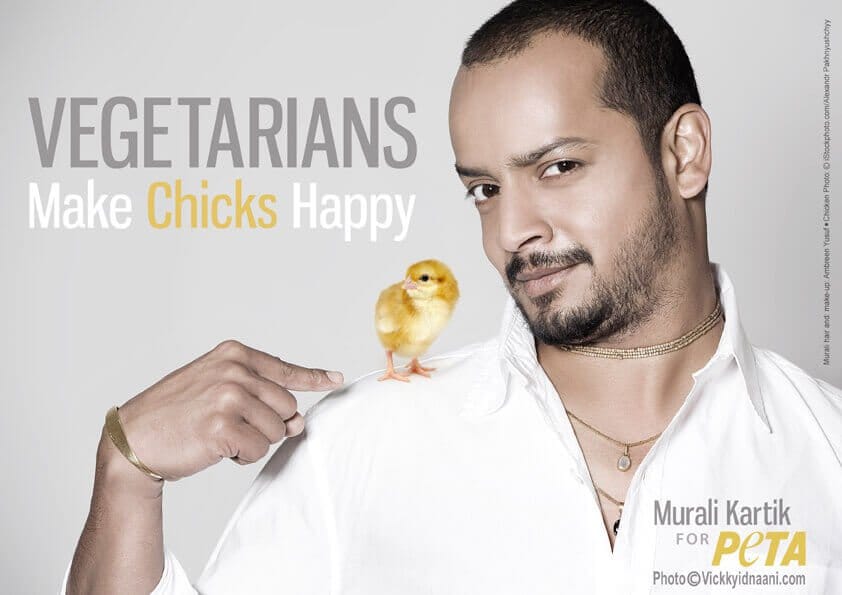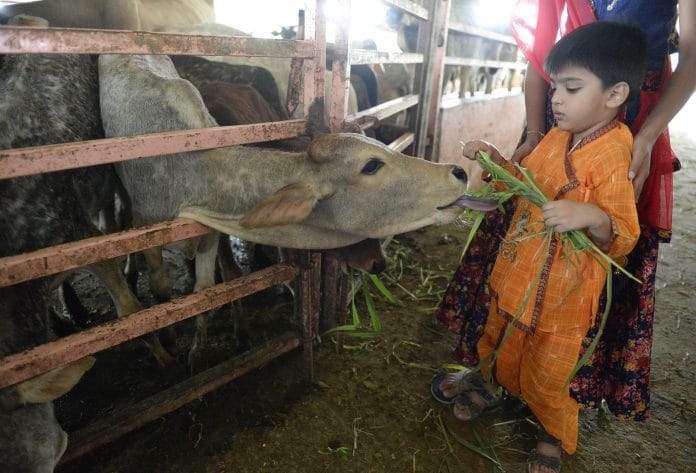The animal rights group urged people to use vegan ghee to ‘keep cows happy too’, drawing flak from all sides of the ideological spectrum.
New Delhi: Over the weekend, in the run-up to Janmashtami, People for the Ethical Treatment of Animals (PETA) India — an animal rights group — found itself at the centre of a raging controversy for promoting vegan ghee.
“Celebrate the joyous occasion of #Janmashtami by using vegan ghee and other non-dairy products to keep cows happy too,” the group tweeted, along with a video recipe of vegan ghee.
Also read: Shashi Tharoor: It seems safer in many places to be a cow than a Muslim
Immediately, upset people from all sides of the ideological spectrum started hitting back at the NGO. While some said it was appeasing Hindus by urging people “to keep cows happy”, others thought it had taken liberty to dictate how a Hindu festival must be celebrated — something it would not have done for a Muslim festival such as Eid-ul-Adha or Bakra-Eid.
Hypocrisy of @PetaIndia
Pic 1 :for #Janmashtami asking all the Hindus to use Vegan Ghee & Non-dairy products
Pic 2 :During Bakrid, PetaIndia just writes Letters to authorities “Reminding” them ..
Why @peta why you dint ask Muslims to not to kill animals?? Scared? Hypocrisy? pic.twitter.com/DPxKXH5U5D
— Srikanth (@srikanthbjp_) September 1, 2018
Asked if the group would like to issue any clarification in the face of the trolling, Nikunj Sharma, associate director at PETA India, told ThePrint: “There is no need to issue a clarification…We do not pick and choose our battles. The only motive of the group is to raise awareness, irrespective of religion.”
A few years ago, PETA activists had been beaten up outside a mosque in Bhopal for allegedly hurting Muslims’ religious sentiments. The activists, dressed in burqas and gowns made of lettuce leaves, were campaigning for vegetarianism ahead of Bakra-Eid.
A deliberate model
“You can have your disagreements with the way they raise awareness, but PETA is as religion-agnostic as an animal rights organisation can be,” said Jayasimha Nuggehalli, managing director of the Humane Society International/India, who previously worked with PETA for over a decade.
“Across the world, they campaign against killing turkeys on Thanksgiving, goats on Bakra-Eid, using bulls on Jallikattu… They cannot be accused of trying to appease or attack any religion.”
Gauri Maulekhi, another animal rights activist, said: “PETA would advocate for a vegan Eid as much as a vegan Janmashtami or Diwali…they get so much bad press only because they’re always in the media glare.”
Having said that, the group — with a permanent staff of no more than 50 people across India — lays an overwhelming emphasis on grabbing media eyeballs, said Nuggehalli.
“You could draw a parallel between PETA and Greenpeace in terms of the emphasis on publicity…For them, no publicity is bad publicity — which is just another model for advocacy…More than half their staff is devoted to raising awareness in the media,” he said.
“Even though I personally don’t agree with that kind of advocacy, one way of looking at it is that at least people are talking about veganism after PETA’s tweet.”
The model of outrage that PETA is now known for is not limited to India. In the midst of the Trump administration-facilitated family separations at the US-Mexico border, PETA had run a billboard that showed a cow and her calf with the caption “Loving mothers and their children should never be separated. Please go vegan.”

Faux-pas galore
While animal rights activists argue that PETA is an easy target for trolls given its popularity, despite its small staff and budget, the group is also known for its frequent faux-pas.
Also read: The holier-than-cow Indian liberal elite is actually Modi’s best friend and ally
PETA, which globally engages celebrities to raise awareness, frequently finds itself rubbing people the wrong way. From getting celebrities to go naked for their campaigns to deliberately provoking people in order to make animal abuse visible to all, the group is not known for its political correctness.
In India, it has produced posters of actor Shahid Kapoor with the caption “Chicks love a vegetarian”, and cricketer Murali Kartik with the caption “Vegetarians make chicks happy”.


Moreover, when people see that celebrities are making use of the platform to promote themselves without being genuinely aligned to the cause, it puts them off even more.
For example, while cricketer Yuzvendra Chahal recently wrote to Prime Minister Narendra Modi on behalf of PETA calling for stringent punishment for those who inflict cruelty on animals, Twitter was quick to dig up a picture of a non-vegetarian meal from his Instagram feed.
Hypocrisy ki bhi koi seeema hoti hai???? pic.twitter.com/hzz6X8oBXN
— Jio lnstitute (@Jiolnstitute) September 1, 2018
Similarly, while tennis player Sania Mirza lent her support to a PETA campaign for homeless animals, she was also seen advertising for a controversial and purportedly misleading ad for promoting chicken.
“Clearly, the group believes in extreme messaging that would offend people…I don’t think it works, but they do have a tendency to attract controversy, which I think is a deliberate choice,” Nuggehalli said.






